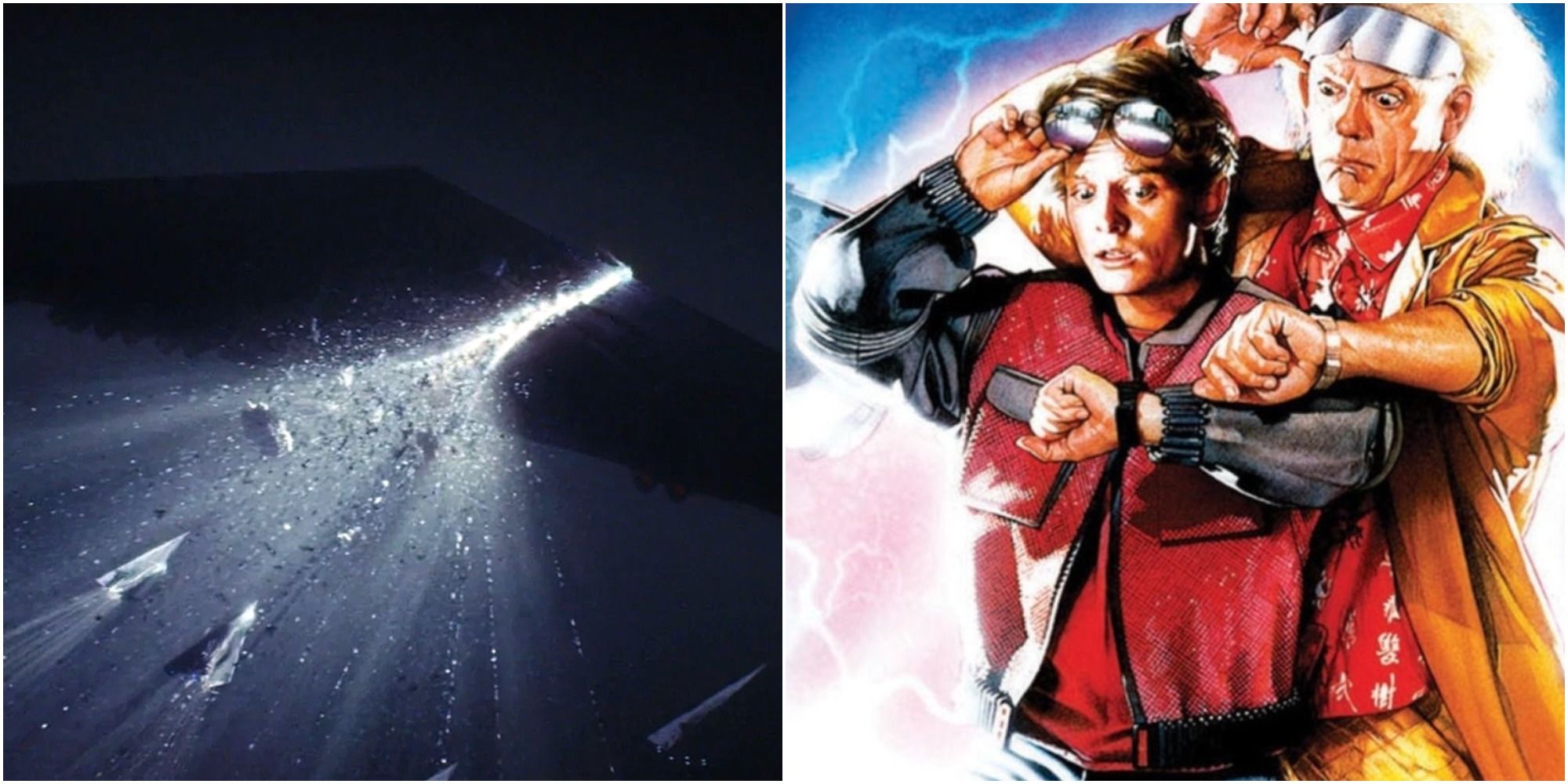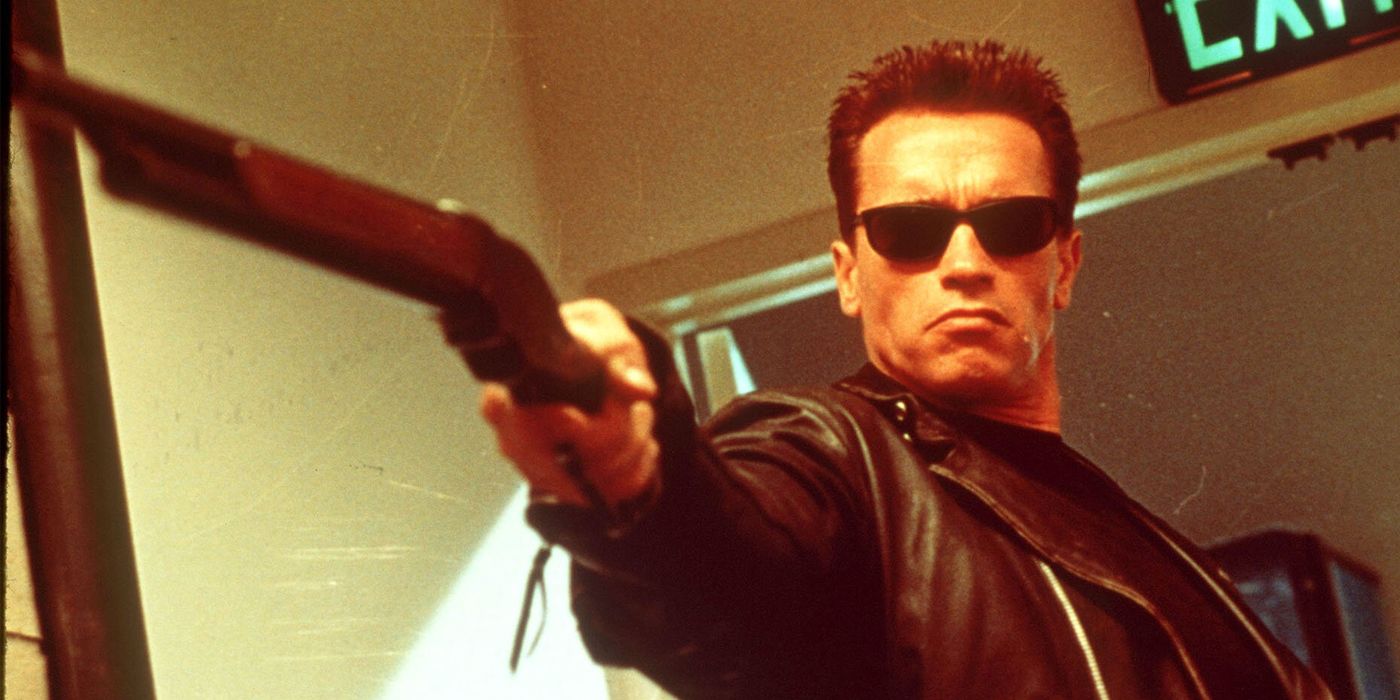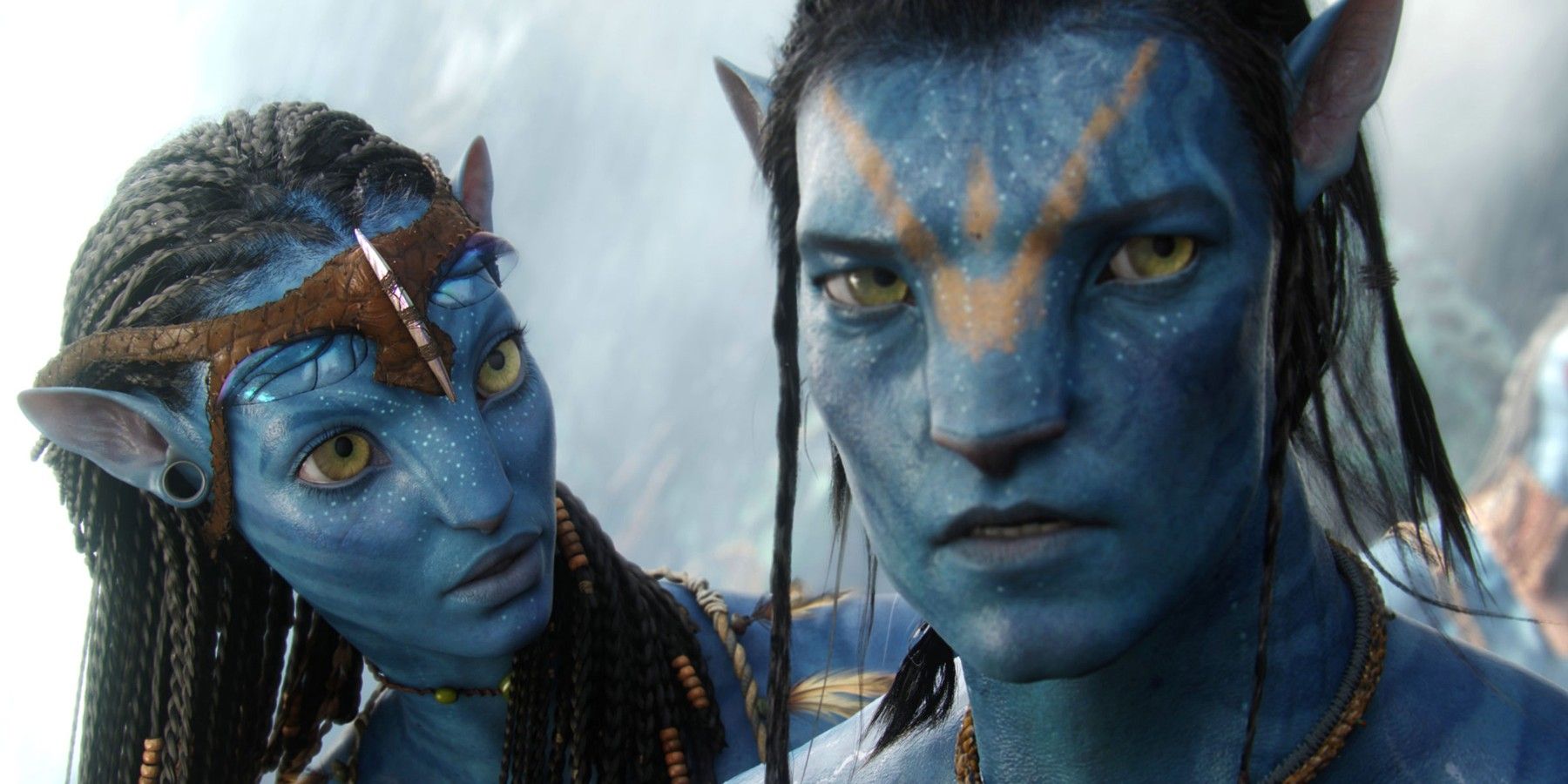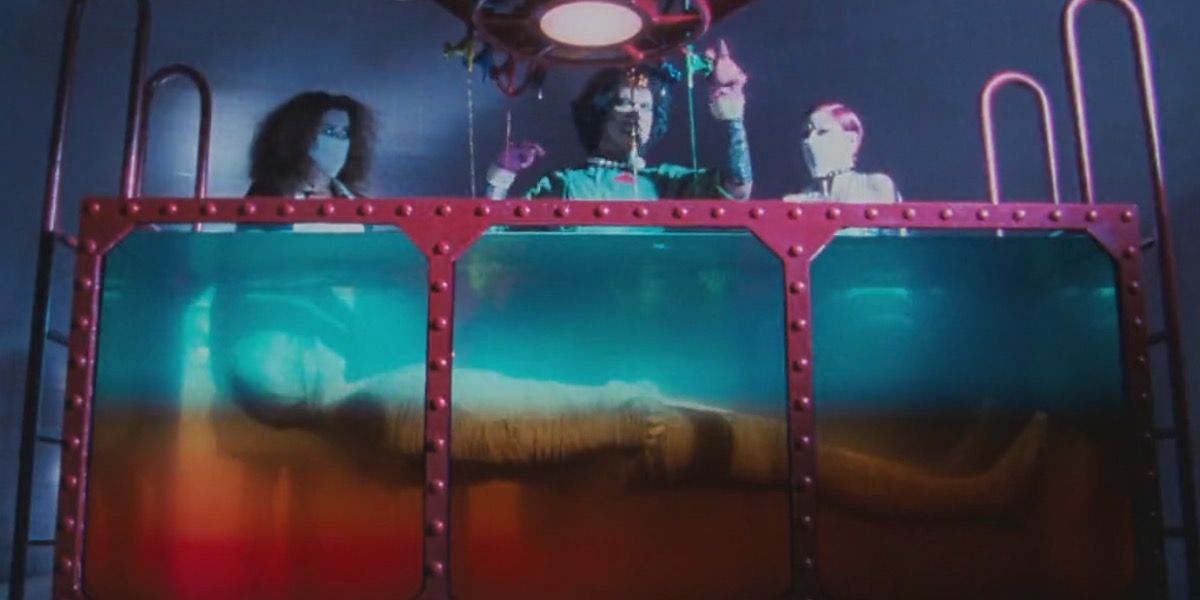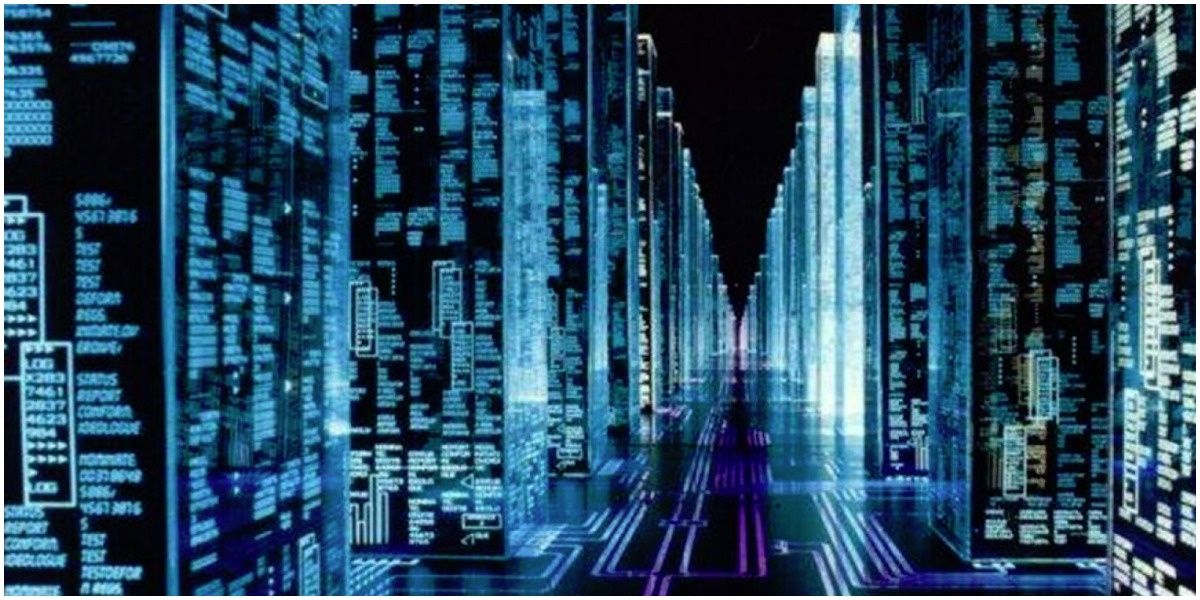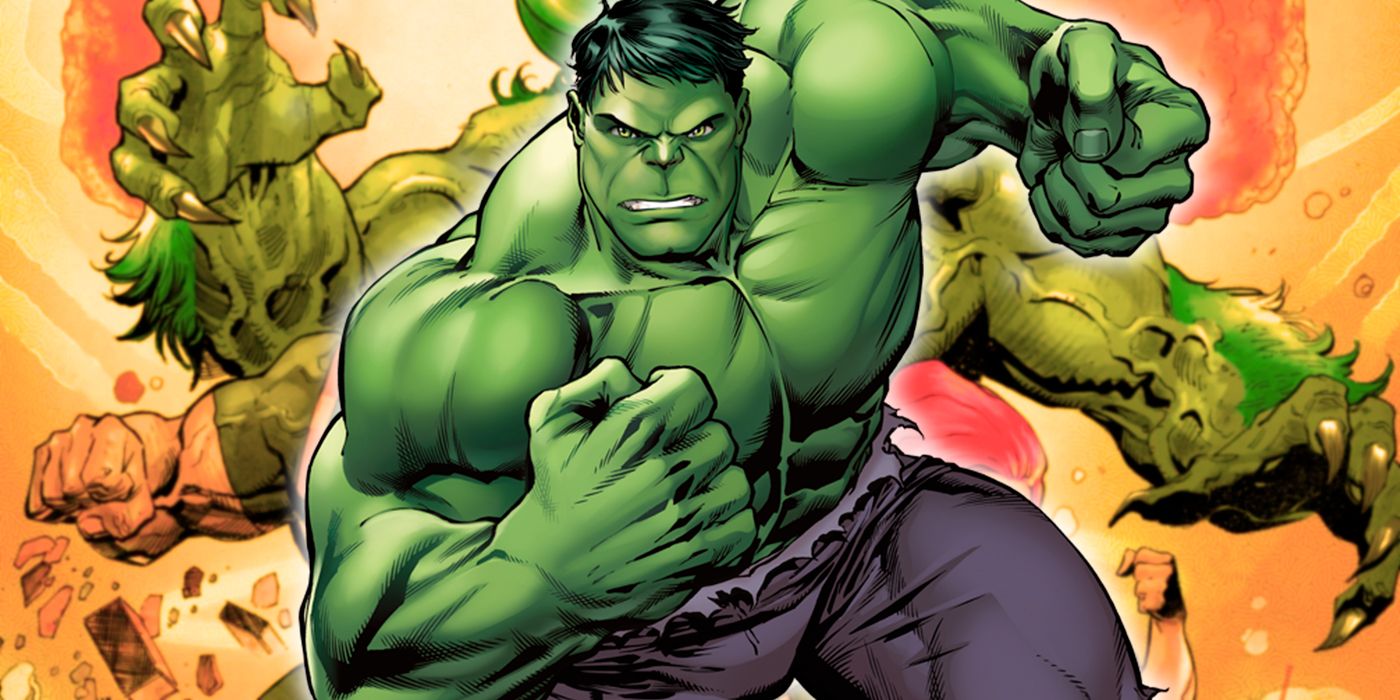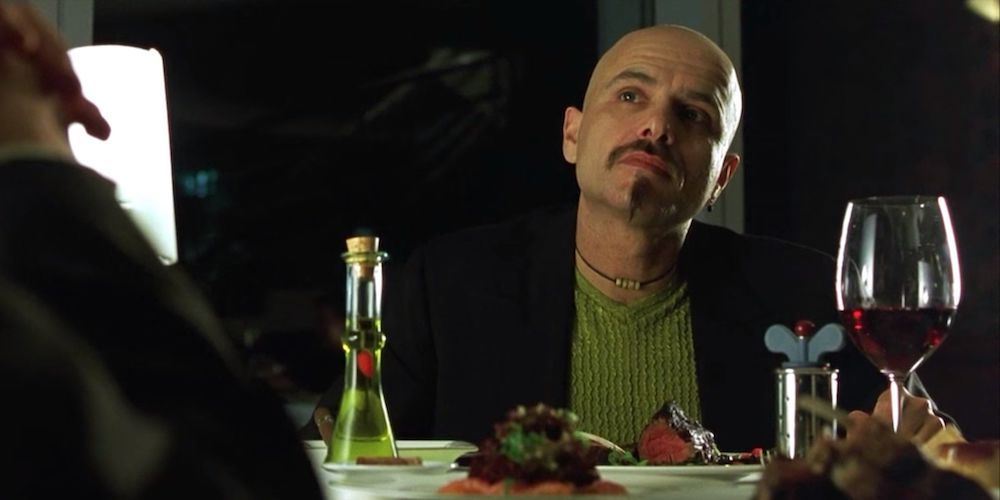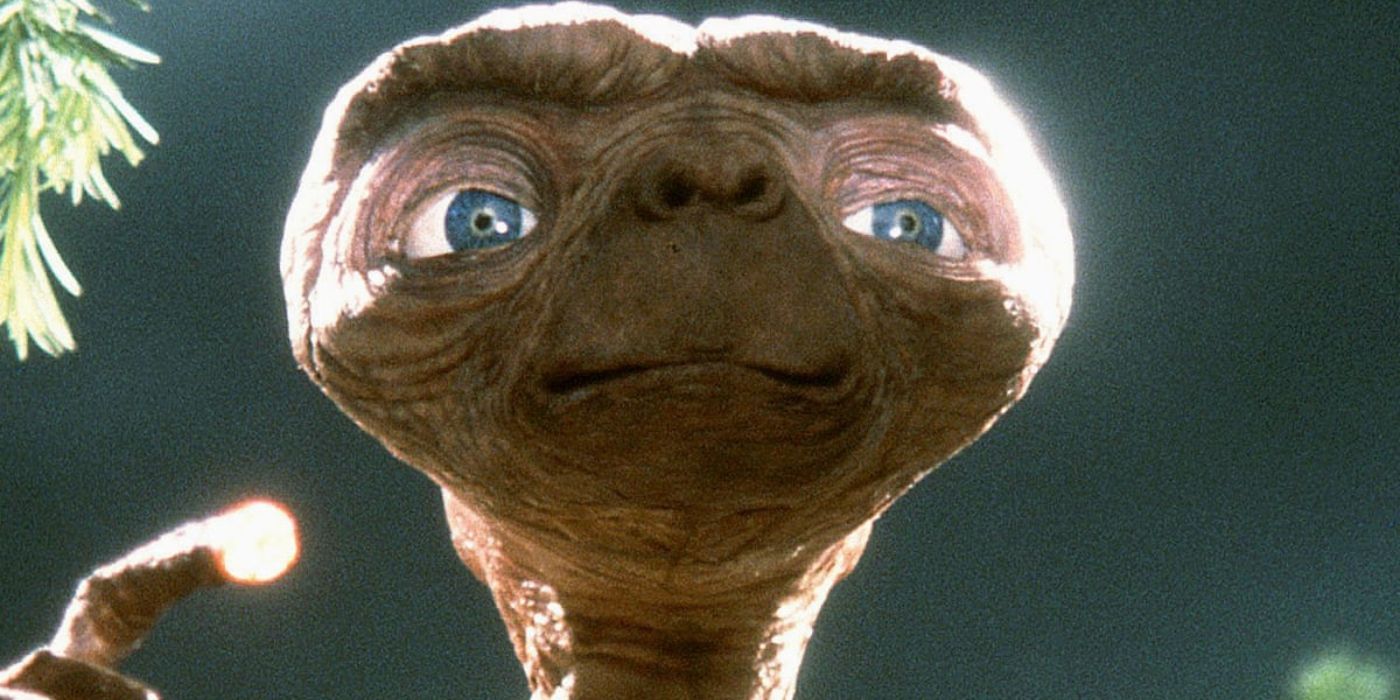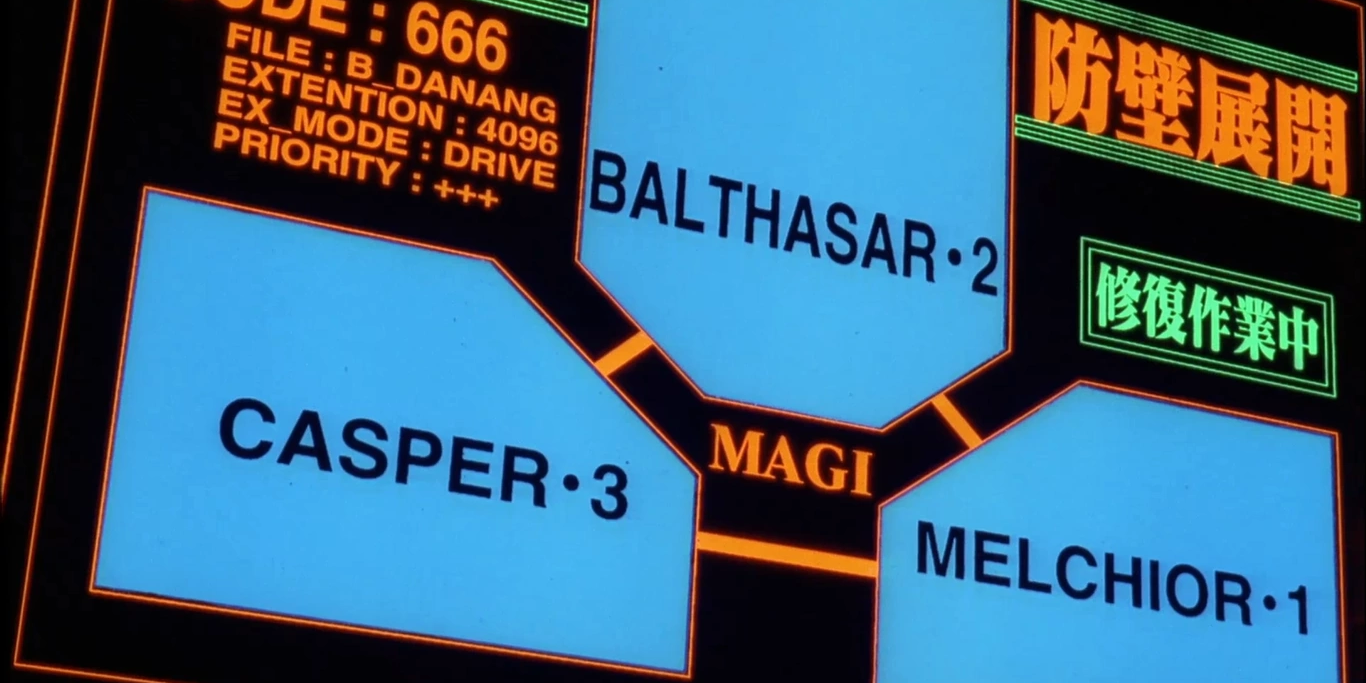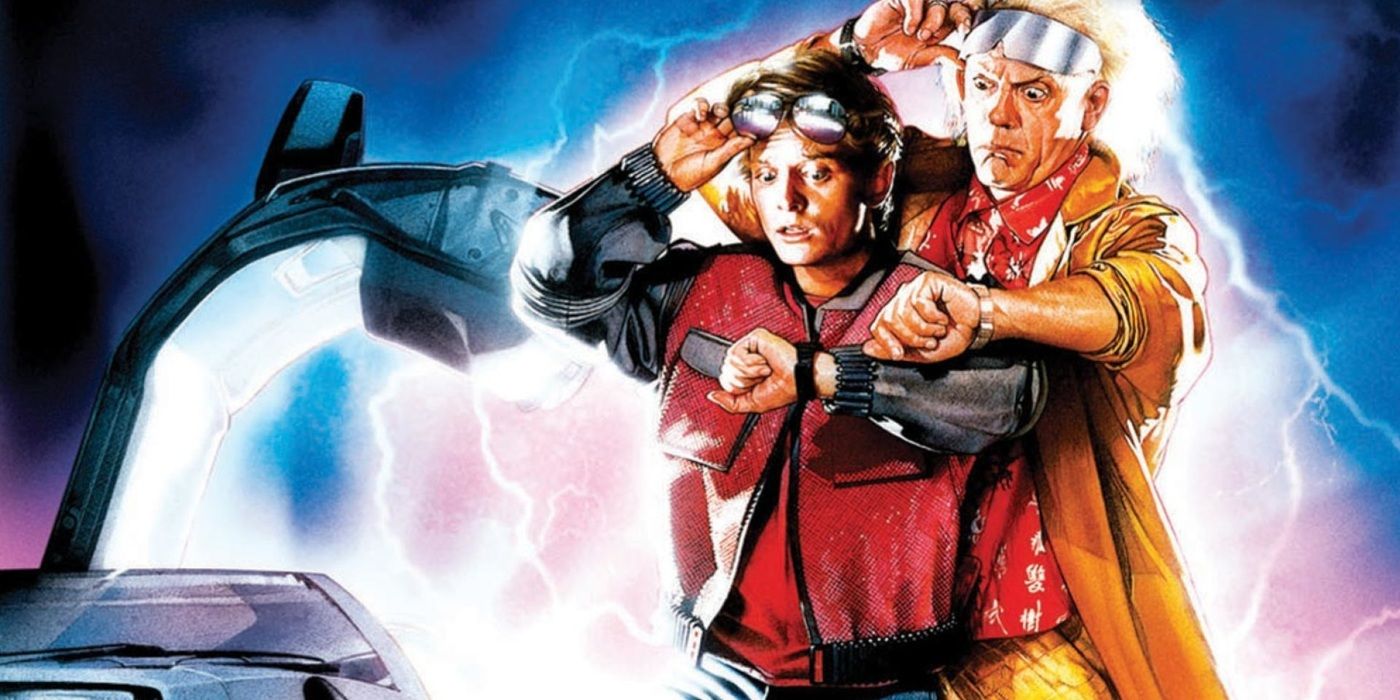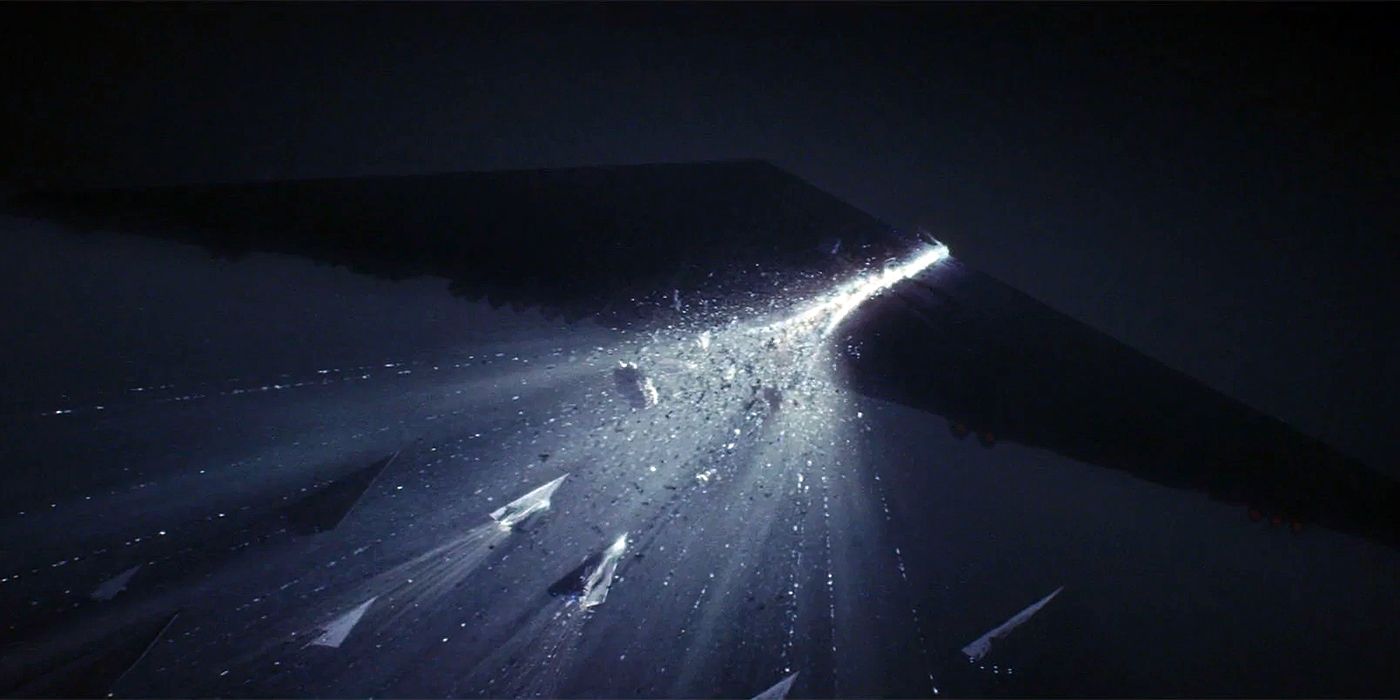Stories are often built on clichés—slices of life, love triangles, plot twists—as they offer the audience some form of narrative support, relatable anchors in an otherwise unexplored ocean. The medium of cinema in particular is filled with tropes that aren't going anywhere anytime soon.
However, the overabundance of certain clichés can be a tad tiresome, especially for fans of sci-fi. This is because the genre insists on recycling the same old symbols and allegories, over and over until all meaning is drained out of the story, leaving behind nothing more than a stale skeleton of something that used to be original at one point.
10 AI Entities Revolt Against Humanity
Humans create AI and revel in the fact that they have made something in their image, only to be rudely stripped of their self-prescribed divinity by their robotic creations. This trope is common to sci-fi, partly because it is based on people's actual fears of an AI takeover.
The only variations revolve around intention—humanity is usually the oppressive force, but in a few cases, the AI decides to turn "evil" for no reason, whatsoever. The Matrix, Terminator, and Star Trek franchises are prime examples of this cliché.
9 Aliens Are Often Anthropomorphic Or Based On Earth Zoology
Although the existence of alien life is yet to be confirmed, it's far more likely that it would appear different than life-forms that evolved on Earth. Depending on the planet of origin and various other astrophysical factors, alien bodies could be gaseous, crystalline, fluid, or even dust floating in plasma.
Sci-fi movies represent aliens in anthropomorphic shapes, such as the Na'vi in Avatar (2009), or bearing patently earthlike zoological features, like the titular villain in The Thing (1982) and the Bugs in Starship Troopers (1997).
8 Chemistry Is Just A Bunch Of Colorful Liquids
Chemical substances in the real world seldom manifest in the wide palette of colors depicted in sci-fi. On the contrary, most of them are transparent, white, or off-white. Films and TV shows, however, would rather have chemicals look like a rainbow explosion.
Corrosive and radioactive substances are green, sometimes bubbling and frothing, sometimes glowing with an uncharacteristic fluorescence, but always extremely aesthetic. Another aspect of physics that sci-fi exaggerates is electricity, shown as bolts of blue-white lightning.
7 Hacking Into Computers Is Easy Enough For Anyone
The process of hacking, particularly methods that rely on brute force, is long, slow, and painfully dull. Most people wouldn't have the attention span to work out the countless algorithmic permutations required to break into secure computing systems, but sci-fi would have audiences believe that anyone can become a hacking professional.
Even scientist characters aren't immune to this trope: in Independence Day (1995), they somehow write a virus and inject it into the alien's computer, despite having no formal knowledge of extraterrestrial tech. Similarly, R2-D2 from Star Wars is capable of hacking practically any computing device with ease, even though his build is relatively ancient.
6 Gamma Rays Never Turn Into Cancer
Gamma radiation is terrifyingly dangerous because it causes cancer in nearly every living entity unfortunate enough to come in contact with nuclear waste material. Godzilla and Bruce Banner are among the most famous radioactive beings in fiction: both of them develop green-toned skin and augmented mutations.
Dr. Manhattan and the Fantastic Four are bombarded with enough radiation to kill thousands of human beings, but they respond by becoming overpowered rather than melting into a pool of irradiated mush.
5 The Traitor Within The Crew
The crew is a notable element of movies where the sci-fi and action genres intersect. It usually consists of the protagonist and at least 1-2 deuteragonists. These groups work in closed spaces, physically as well as emotionally, creating a bond that anchors them against the forces of violence generated by the antagonist(s).
Unfortunately, there is occasionally a traitor hiding within the crew, one whose motive is diametrically opposite to that of the heroes. There is a massive range of sub-clichés associated with the concept of sci-fi betrayal, as seen in movies like Battlestar Galactica (2003) and The Matrix (1999)
4 Aliens Are Either Friendly Helpers Or Monstrous Murderers
Aliens, even those from half a universe away, are deeply interested in the planet Earth, its inhabitants, its ecology, and, most importantly, its resources. There are probably innumerable planets teeming with life in every galaxy, but these extraterrestrials are solely focused on our solar system.
Aliens tend to be friendly, like in E.T. (1982) and Arrival (2016), or mass murdering psychopaths, as in Mars Attacks! (1996) and A Quiet Place (2018). There are few sci-fi aliens that ignore or dismiss the Earth as inconsequential on a cosmic scale.
3 There's Always A Manual Override Somewhere
Sci-fi stories with countdown timers are bound to have a mechanism to allow the protagonist an alternative path to wrest control from the computer giving the commands. Known as the manual override, this trope either takes the form of a lever (for long-distance control), or an encoded software program that the hero can access and alter with minimal effort.
The manual override may not always work, but its presence symbolizes the difficulty of the situation in question. I, Robot (2004), Wall-E (2008), and Total Recall (1990) feature this cliché prominently.
2 Time Travel Requires Complete Suspension Of Belief
Time travel is arguably the least logical trope in sci-fi, and, therefore, requires that audiences suspend their disbelief a lot more than fiction generally demands. Time travelers rarely, if ever, face problems with communication—their diction, accents, and grammatical choices are instantly comprehensible to people in different eras.
Time travelers possess a magical immunity against pathogens their bodies technically aren't used to, and they don't necessarily find it difficult to survive what should be an unbearable culture shock. And these are the least problematic instances linked with time travel.
1 In Space, Everyone Can Hear Everything
The tagline for Alien (1979)—"In space, no one can hear you scream"—rings true on multiple levels. There is no air in space to transfer the molecular vibrations that human ears translate into the sense of sound. In the context of the Ellen Ripley classic, it also refers to the predatory potential of the Xenomorph, a monster so quick and ruthless that screaming would be ineffectual anyway.
However, space movies enjoy adding sound to events that take place in outer space, for instance, explosions like Alderaan's destruction in Star Wars (1977) and that of the Supremacy, Snoke's Star Dreadnought, in The Last Jedi (2017).

